Douglas Dragons at Dark
March 25th, 2024
There are so many reasons you should try out a vegan diet! And no, we’re not pushing you to make the full transition (because no one is in the position to tell you you should), but trying out ‘new’ things is always a fun thing to do.
Becoming vegan is more than just a fad diet of giving up animal products—it is also understanding a way of life that is not at the expense of other creatures. With environmental issues such as over-fishing, carbon emissions created during meat processing, animal abuse, and rampant food waste, going ‘green’ has the power to help, even if it’s in a small way.
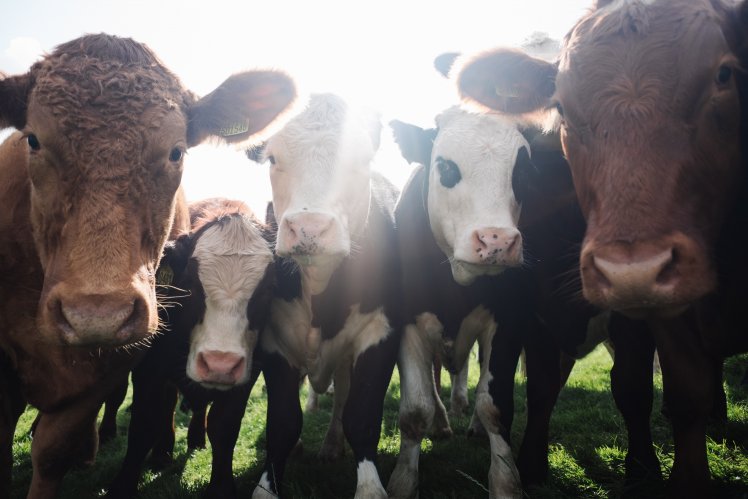
Cutting out meat? Milk? Eggs? Cheese? Butter? What?!
It’s not as impossible as you think, even in a country like Malaysia where foods are abundantly rich in fatty flavours. Not only will it be ethical, the conscious cut-down of these regular food groups can also benefit your health in many ways. Just consider the thought of eating more plant-based products. What is so bad about eating more fruits and vegetables?
While the completely vegan diet is still a little slow to catch on in Malaysia’s mainstream market, you’d be surprised to know how much food can be made as vegan options. In fact, many local favorites are surprisingly already plant-based.
In the Malay cuisine, the immediate thoughts go to meat-rich foods like rendang and satay. Even Nasi Lemak has fish and shrimp as part of the serving. But when served in the style of Nasi Campur (a simple buffet-style where you can pick and choose what dishes you want), all you have to do is stick to the vegetable and tofu options. Keep in mind however, some may use sauces that incorporate eggs and shrimp. Many kuih desserts are also vegan-friendly. Sweet, chewy pink layer cakes are mostly tapioca flour and coconut milk, likewise with the green and brown variations of Kuih Talam.
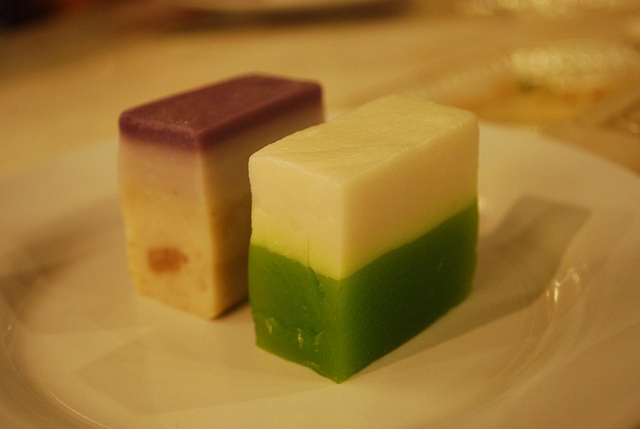
Chinese food is arguably very vegan-friendly. With many following the Buddhist Dharma teachings centered around non-violence, plants are regarded as the main provider of blood-free nutrients. Some monasteries are popular for having vegetarian kitchens, and also advocate finishing all you’ve taken and cleaning up after yourself. There is also a growing number of Chinese Buddhist-based restaurants offering vegetarian and vegan menus, with mock meat as a highlight.
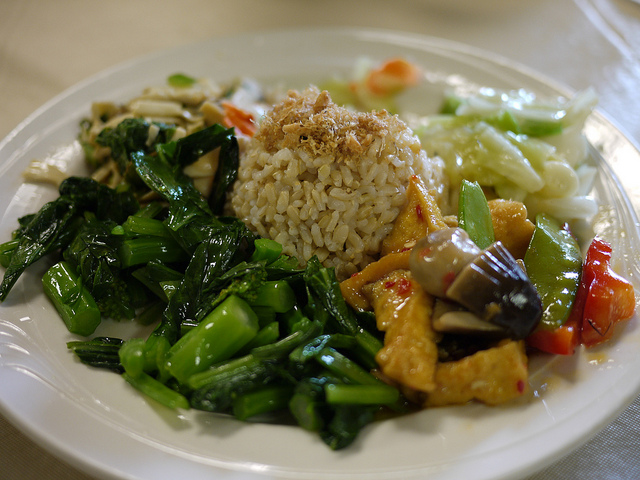
Indian cuisines are also a large supplier of vegetarian and vegan choices. Plant-based meals are also a highly encouraged diet in the faith of reducing the amount of violence in the devotee’s life. Protein is in abundance in Indian delicacies, with many types of lentil curries served alongside biryani rice, puri, and thosai – all vegan-friendly. Bear in thought however, that quite a few Indian foods contain milk and ghee.
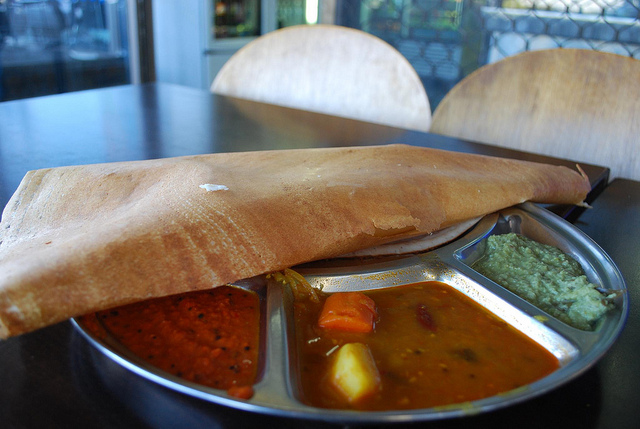
Modern, vegan-ready food is available too! Many cafes around Kuala Lumpur are solely vegetarian and vegan-centric, as are a hotels which have made vegetarian and vegan options more available than ever. And, if you want to try out recipes of your own, many grocery stores have products for every kind of dietary requirements. A handful of local online businesses are also operating to provide you with vegan foods and produce.
For a full strictly vegan experience, remember to ask if the food contains butter, milk, eggs, and any other animal-related by-products, and refuse them by opting for a plant-based substitution.
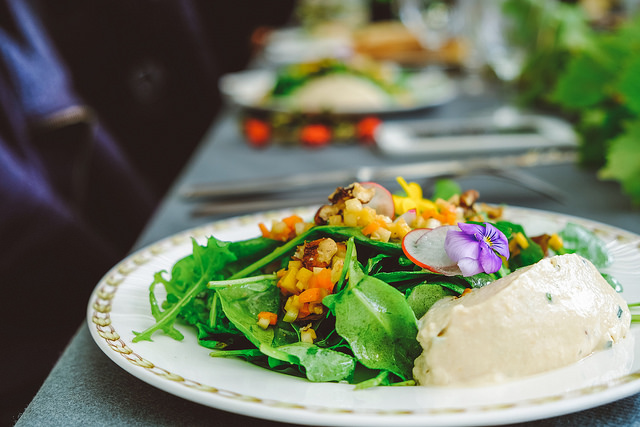
Once again, going vegan doesn’t have to be an all out effort, but simply making an effort to have a meatless meal every now and then counts, both for your health and the environment. Of course, you can make it exciting via challenges and scheduling, but always remember that the food you eat comes from somewhere, and hopefully a good source.